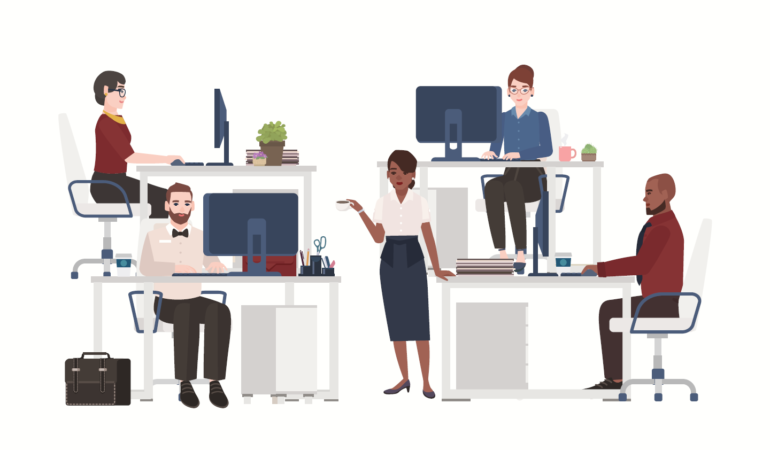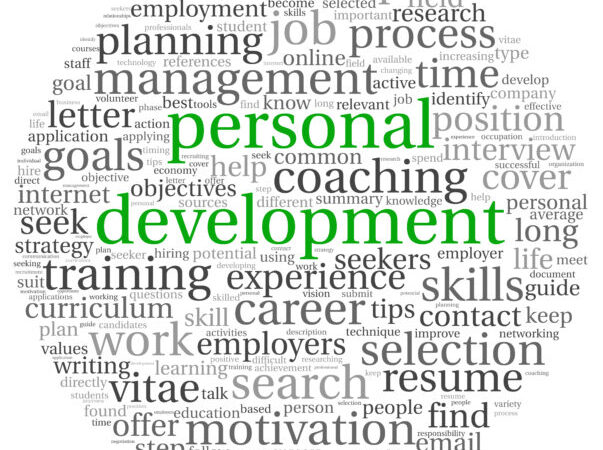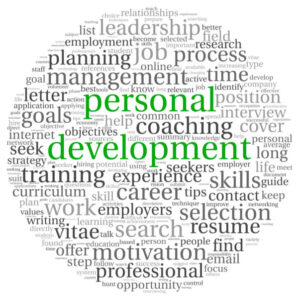Action-and-Learning Blog
The Institute for Professional Development (IPD) mourns the tragic death of Daunte Wright. We mourn his loss with his family, his community, our state, and all who work to address the systems that oppress and diminish life.
Many of the organizations that use training from IPD are Minnesota cities and counties. When tragedies like this occur, I think about those in public service and the difficulties and challenges they face as they dedicate themselves to the betterment of the communities in which they live and work. I think about how they are processing this on a personal level, but are also working to do what is best to help their communities. My heart goes out to all who are seeking the paths forward, especially when those paths seem to be eroding.
Dr. Virginia Arthur, Metropolitan State University President, shared these words with the university community, “… we must continue our efforts to understand the way racism is embedded in our social and university systems and the impact it has on our students, colleagues, and the wider community. This is our work, and we owe it to our colleagues and students to learn more and commit to action. Let’s not make this the work of people who are harmed by those systems.”
Dr. Arthur also stated that “One of our enduring values as a public university is to promote civic and community engagement. We must continue to empower our students, through their Metro education, to be involved in the public debate and to engage with our community in ways that will heal and strengthen it.”
I know the “students” who have received training through IPD are working hard to understand how racism is embedded in their workplace systems and its impact on society. I know that my IPD staff seeks to understand what it means to be anti-racist, both as individuals and as a team in our workplace. I know that our IPD team and instructors will continue to seek ways to support those organizations that are also seeking to approach their work every day with a commitment to equity, inclusion, and anti-racism.
Beth Schaefer
Director, Institute for Professional Development






